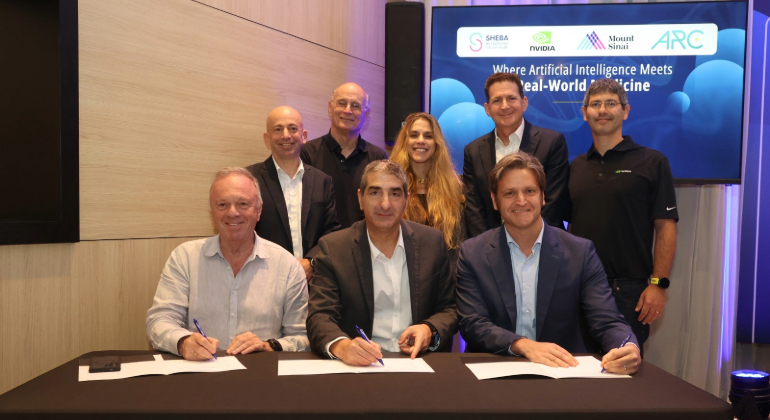
Mount Sinai Newsroom
Welcome to our newsroom, a place for the latest news around our health system. You will find news on emerging health issues, new trends in medicine and research, and can connect with top experts at Mount Sinai.




Welcome to our newsroom, a place for the latest news around our health system. You will find news on emerging health issues, new trends in medicine and research, and can connect with top experts at Mount Sinai.


